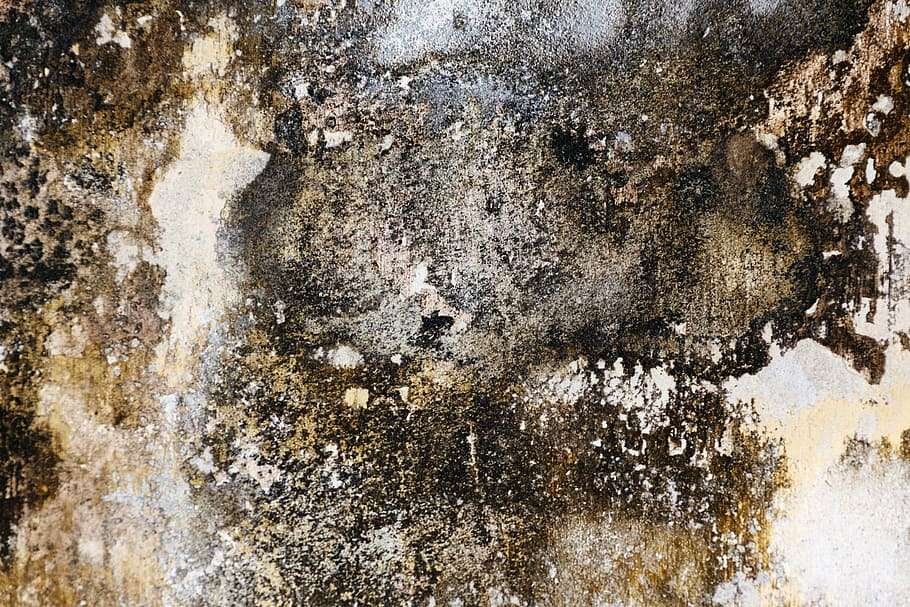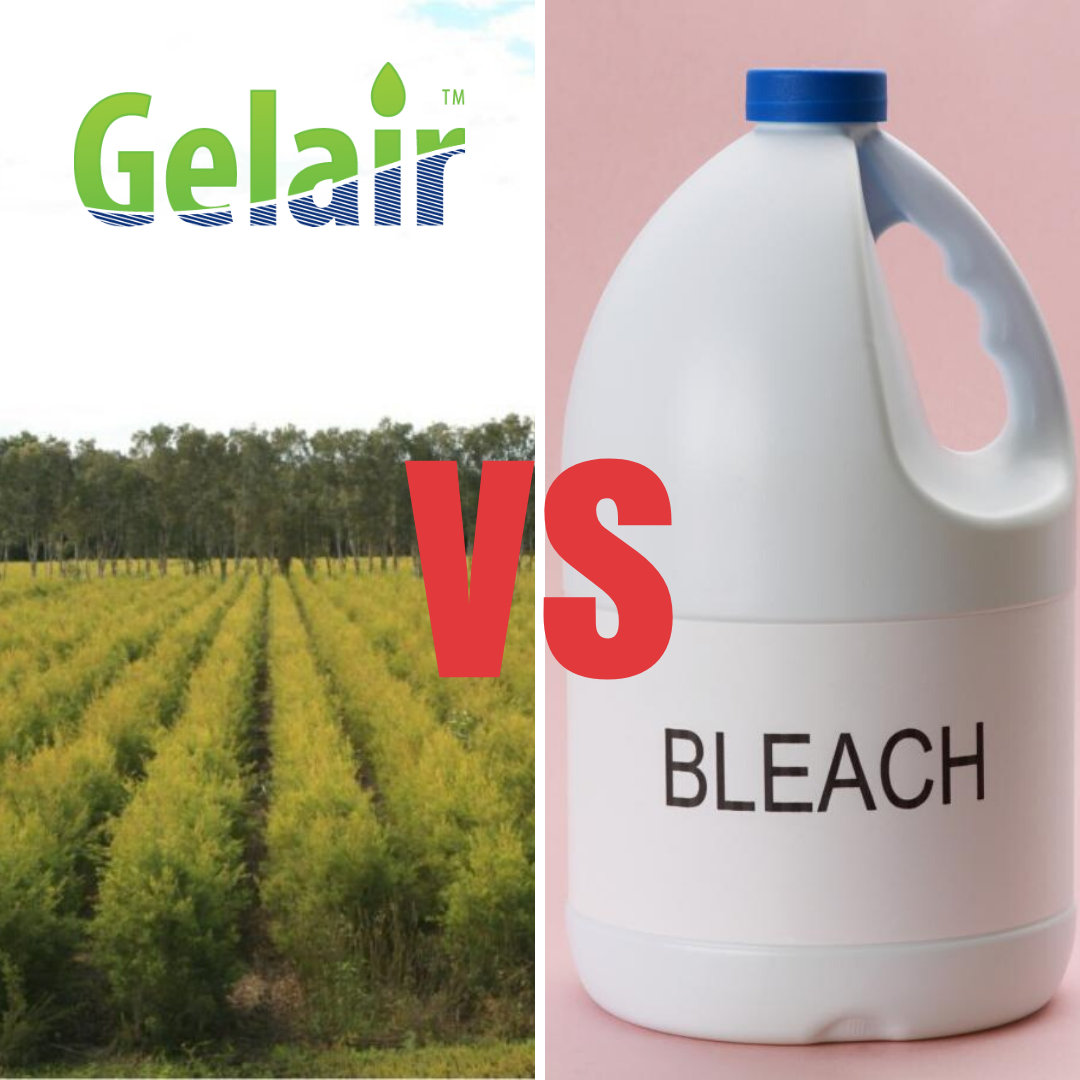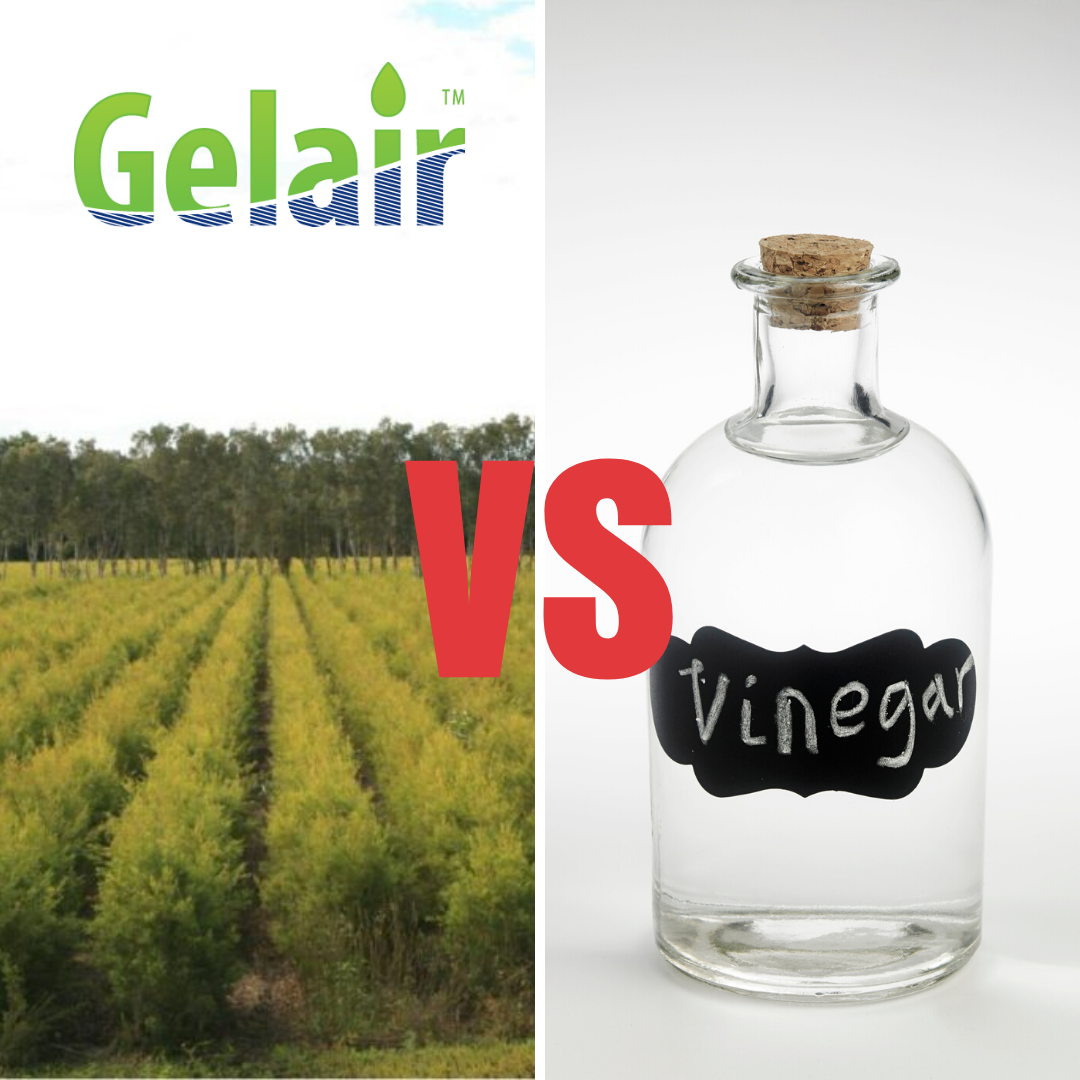Mould is a kind of fungus that contains small organisms found almost anywhere. They can be purple, white, orange, green, or black.
Small amounts of Mould spores are generally harmless, but when they settle on a damp spot in your house, they can start to grow.
Moulds are widespread in homes and buildings. Mould grows faster in areas with plenty of moisture such as windows, pipes, roofs, bathrooms, and even in your aircon units. Mould can also grow in paints, wallpaper, insulation, drywall,
appliances, kitchens, fabric, and upholstery.
Mould can be indoors and outdoors, and it can enter your house through open windows, vents, doorways, heating, and aircon systems. Mould in the air can also be carried indoors by attaching itself to shoes, clothing, and pets.




